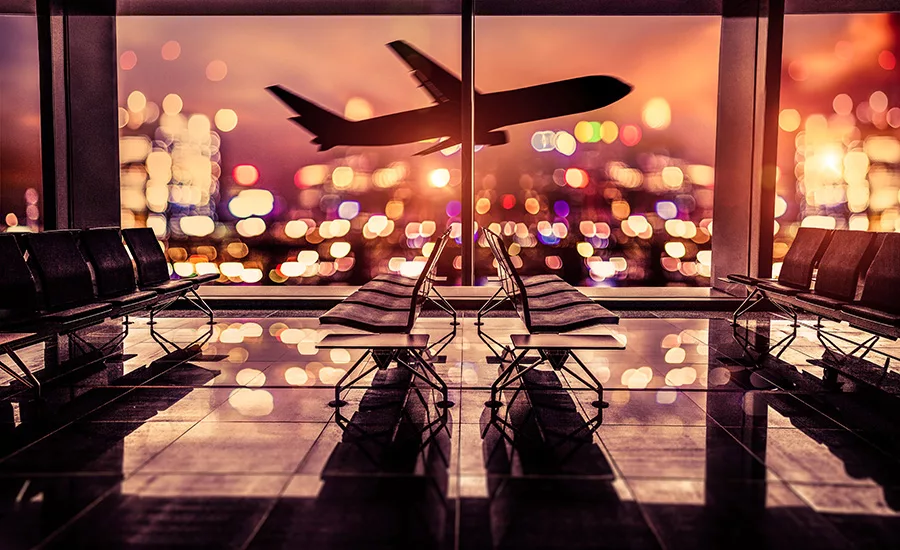Business Travel is Tough on Mental Health

A survey of 500 frequent business travelers has found that business travel can have a negative impact on mental health.
The NexTravel survey notes the global cost of burnout is estimated as high as $323 billion, with an extra $125 billion to $190 billion in healthcare costs associated with treating burnout.
About 30 percent of survey respondents say it's a struggle to stay healthy while traveling for work, and 24 percent say they’re more likely to get sick after a business trip. Close to half don’t get enough sleep while traveling for work, the report says.
About 30 percent feel they have to be available constantly on business trips, and 27 percent have difficulty finding time to be alone and recharge, the report notes.
One-quarter of business travelers have had trouble keeping in touch with family or friends while traveling, and almost the same amount have missed an important life moment while away for work.
Other findings from the report:
- About one-third said business travel has compromised their productivity at work, and about 1 in 4 have had to put in extra hours to make up for lost time due to travel.
- About 36 percent have dealt with delays or cancellations while traveling for work.
- Close to 30 percent of business travelers struggle to keep track of expenses or policies while traveling. About one-quarter say work travel causes their personal expenses to increase.
- About 20 percent said the thought of an upcoming work trip stresses them out; the same amount think business travel causes burnout.
- More than one-third of business travelers find companies offering flexible travel more appealing to work for.
- If another company offered bleisure travel, more than 20 percent would consider switching jobs.
Bleisure, or “bizcation,” refers to employees adding vacation time onto work trips in order to take part in leisure activities while on a business trip.
Looking for a reprint of this article?
From high-res PDFs to custom plaques, order your copy today!






